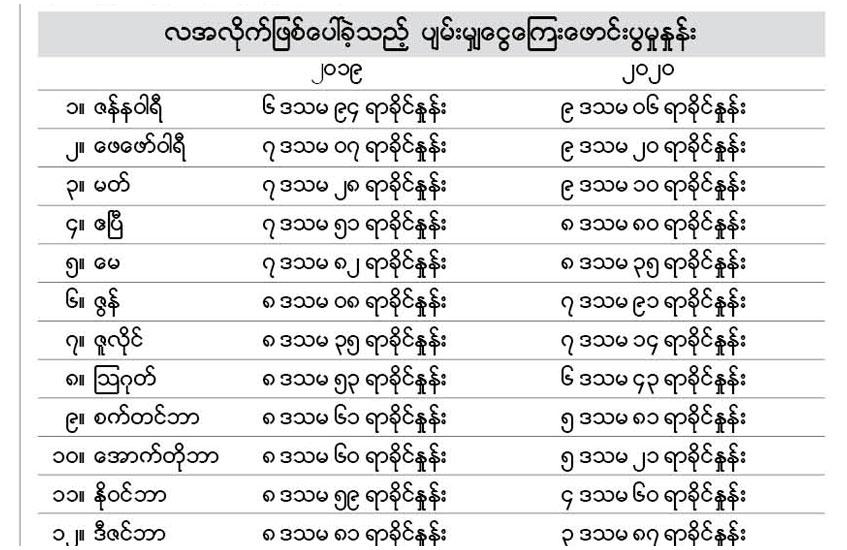3rd Waxing of Tagu, 1383 ME
3 April 2022
- The Central Bank of Myanmar has issued this notification in exercise of the authority conferred under sub-section (b) of Section 49 of the Foreign Exchange Management Law.
- According to the provisions of Section 11, Section 12 and Section 13 of the Foreign Exchange Management Law, the foreign exchange earnings of the locals must be sent back to Myanmar to the foreign currency account opened at the Foreign Exchange Trading (AD) licensed banks and exchange for Myanmar Kyats within one working day.
- In case of exemption in carrying out in accordance with paragraph (2), it shall be issued separately.
- Transferring foreign currency abroad must be carried out through the AD licensed banks with the permission of the Foreign Exchange Supervisory Committee.
- Foreign currency in various foreign currency accounts that have entered Myanmar before the date of issuance of this notification shall also be made in accordance with paragraph (2) of this notification.
- The Central Bank of Myanmar revokes Notification No. 35/2021 issued on 3-10-2021 with this notification.
- This notice shall take effect from the date of issue.
- Failure to comply with this notice will result in legal action under the Foreign Exchange Management Law.
Source: The Global New Light of Myanmar

